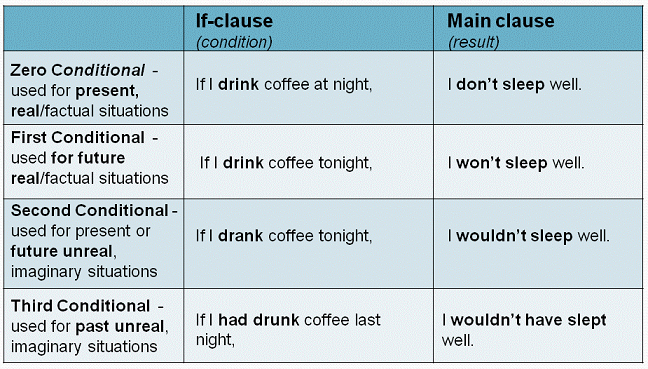Is it possible to determine that above sentences are used for present or future conditional?
Yes, it is possible. The Present Conditionals sentences are built according to the syntactic structure as follows:
- If / When simple present (subordinate clause), simple present (main clause)]
- [simple present (main clause) if / when simple present (subordinate clause)] .
In some grammars such a Conditional is called Conditional Zero.
The Future Conditionals sentences are built according the syntactic structure as follows:
- If / When ( simple present) (subordinate clause), simple future (main clause)]
- [simple future (main clause) if / when simple present (subordinate clause)] .
In some grammars such a Conditional is called Conditional One.
So, in order not to go into a semantical analyses of the Subjunctive Mood in sentences of unreal conditional, we can conclude in accordance with the syntactic attributes that your examples are not used for the Present and Future Conditionals.
As for as your question ' Or same can be used for all tenses?' is concerned. Because you have mentioned the grammatical term 'tenses', we can understand it as a question about the so called real conditional sentence (Conditional Zero, Conditional One). The answer is that the modern usage tends to use sometimes the Present Continuous tense, the Present Perfect tense in the place of – if clause in Conditional One; Imperative construction to replace either clause in Conditional One, and clauses with Modals in the place of the main clause of Conditional One.
Some grammars use the terms 'unreal conditional present' and 'future unreal conditional'.
Other grammars call it as Second conditionals.
Second conditional if + past subjunctive | would + infinitive (simple or continuous). Second conditional can describe an unreal situation with reference to the present or to the future. We imagine a hypothetical situation which contrasts with reality: If I knew the answer, I' d tell you. Here If I knew the answer means that I don't know the answer.
These sentences refer to things that would happen in the future or present time if something else happened.
Your question has to be formulated in other way as follows: is it possible that the sentences can be used for expressing hypothetical ideas, which might refer either to present or future possible but unlikely situations? Or, the same grammar construction of Conditional Second is for both, hypothetical present and future situations? Is it possible to understand whether the construction is used for referring to present or future, if we assess the grammar of the construction only, while not taking into account the lexical meaning of the words used and general context in which a sentence is?
A simple answer is that: No, it is not possible in case of Conditional Second. We cannot determine it without overall context and assessing lexical meanings of the words used in the sentences.
For example:
John is going to pass the math exam next week.His relative asks you how you consider the future result of the examination. You answer: ' If he didn't study hard, he wouldn't pass it.' ( the reference to future hypothetical situation, which is obvious, because of the first sentence that is in Indicative mood).
John is in the math test now. Your friend asks you about your expectations in relation to John's test. You answer him: 'If he didn't study hard, he wouldn't pass it' (the meaning of the sentence has changed though its structure and wording haven't. The sentence refers to some unreal hypothetical situation of present.

